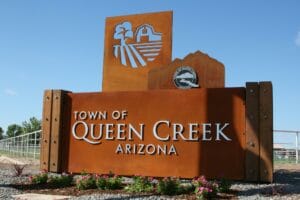 By Quentin Fottrell | realtor.com
By Quentin Fottrell | realtor.com
Inequality between the wealthiest and poorest American neighborhoods grew most substantially in the largest commuting zones between 1990 and 2010, according to a new report by the Urban Institute, a nonprofit and nonpartisan policy group. (Commuter zones are defined by the Census Bureau as urban areas where people work and live.) “High wealth and income in big commuting zones do not trickle down,” says Rolf Pendall, director at the Urban Institute’s Metropolitan Housing and Communities Policy Center and lead author of the report.







